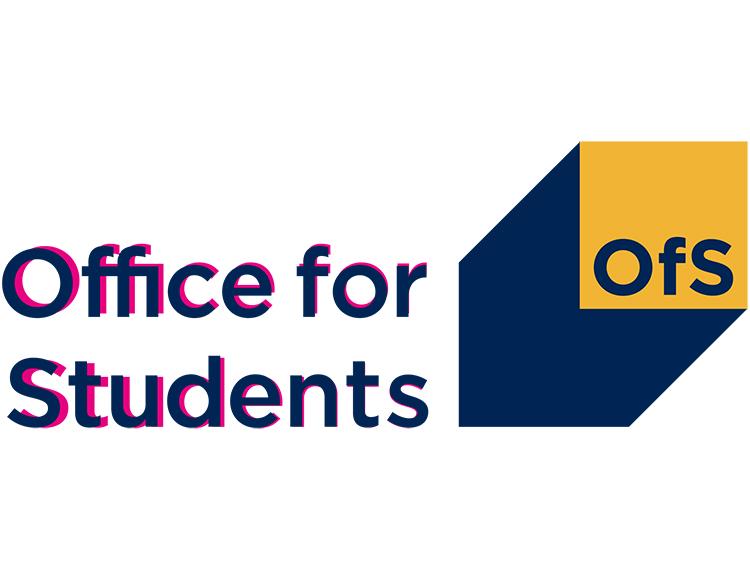Less than half of part-timers think feedback is acted on by staff, but overall student satisfaction consistently high

The NSS is one of the biggest student surveys in the world which gathers UK students’ views on their course and wider learning experience. The current survey asks 27 questions on a range of issues, including teaching and feedback, library resources and the quality of courses.
Since 2008, the proportion of students saying they are satisfied with their course has never fallen below 80 per cent.
Furthermore, the NSS has also had a significant impact on the quality of feedback students generally receive from their lecturers and tutors, which has improved significantly over the last eight years. In 2008, 64 per cent of students agreed that marking and assessment was fair and that they received helpful comments. By 2016 this figure had risen to 74 per cent.
However, new analysis highlights variations in how different student groups have responded to other questions in the survey. Part-time students have strikingly low agreement rates with questions concerning learning community and student voice. For example, in 2019 only 47.6 per cent of part-time students agreed that their feedback had been acted on by staff – 13.8 percentage points behind their full-time peers and 7.5 percentage points below the expected benchmark (see note two).
Just 56.6 per cent of part-time students agreed that they felt a part of a community of students. This compares to 69.4 per cent of full-time students and is well below the part-time benchmark of 63.7 per cent.
The data forms part of a new Insight brief, published by the Office for Students (OfS), which examines the improvements the NSS has helped to drive and analyses variations in the responses of different groups of students.
Other new analysis for the brief shows that:
- In 2019, 66.2 per cent of disabled students agreed that their course is ‘well organised and running smoothly’ – over 4 percentage points below their non-disabled peers and 3 percentage points below the benchmark.
- In 2019, 75.3 per cent of white students agreed that ‘marking and assessment has been fair’. Black and minority ethnic students agreed with this statement at lower levels – only 67 per cent of Asian students and 67.8 per cent of black students agreed (5.7 and 6 percentage points below the respective benchmarks).
There are also variations between individual universities and colleges. While most have an overall satisfaction of more than 81 per cent, over a hundred have overall satisfaction of 80 per cent and under.
Nicola Dandridge, chief executive of the Office for Students, said:
‘The National Student Survey has been, and remains, an invaluable tool for capturing student opinion and driving improvements across universities and colleges. Indeed, the survey has had a real impact in enhancing students’ experiences of higher education and encouraging universities and colleges to respond meaningfully to its findings. The extent to which feedback to students has improved is testament to its positive impact.
‘Equally, while the overwhelming majority of students report high levels of satisfaction with the academic support they receive, some do not. Different students have different priorities and needs, and universities and colleges should carefully consider areas where some groups may be less well served than others – as this data shows, part-time students may be particularly at risk of feeling marginalised or isolated.
‘The OfS is working with our UK partners on planning a range of development work to ensure the NSS survey remains relevant and useful for today’s students and those in the future.’
Currently the NSS is mainly completed only by final-year students. The OfS will soon announce a consultation on a pilot project expanding the survey to non-final year students.
The NSS covers mainly final-year undergraduates studying for higher education qualifications at UK higher education providers and at further education colleges in England, Northern Ireland and Wales. The survey is funded by the four UK higher education regulatory/funding bodies (the Office for Students, the Scottish Funding Council, the Higher Education Funding Council for Wales and the Department for Economy Northern Ireland), and Health Education England. The NSS has been run every year since 2005.
For 2018 and 2019 data the OfS has created benchmarks to give a more accurate picture of where statistically significant differences are. These benchmarks take into account six factors: age, sex, ethnicity, disability status, subject classification and mode of study (part-time or full-time). This means that if an agreement rate is different from the benchmark for one characteristic, this difference is unlikely to be explained by any of the five other characteristics included in the benchmark.











Responses